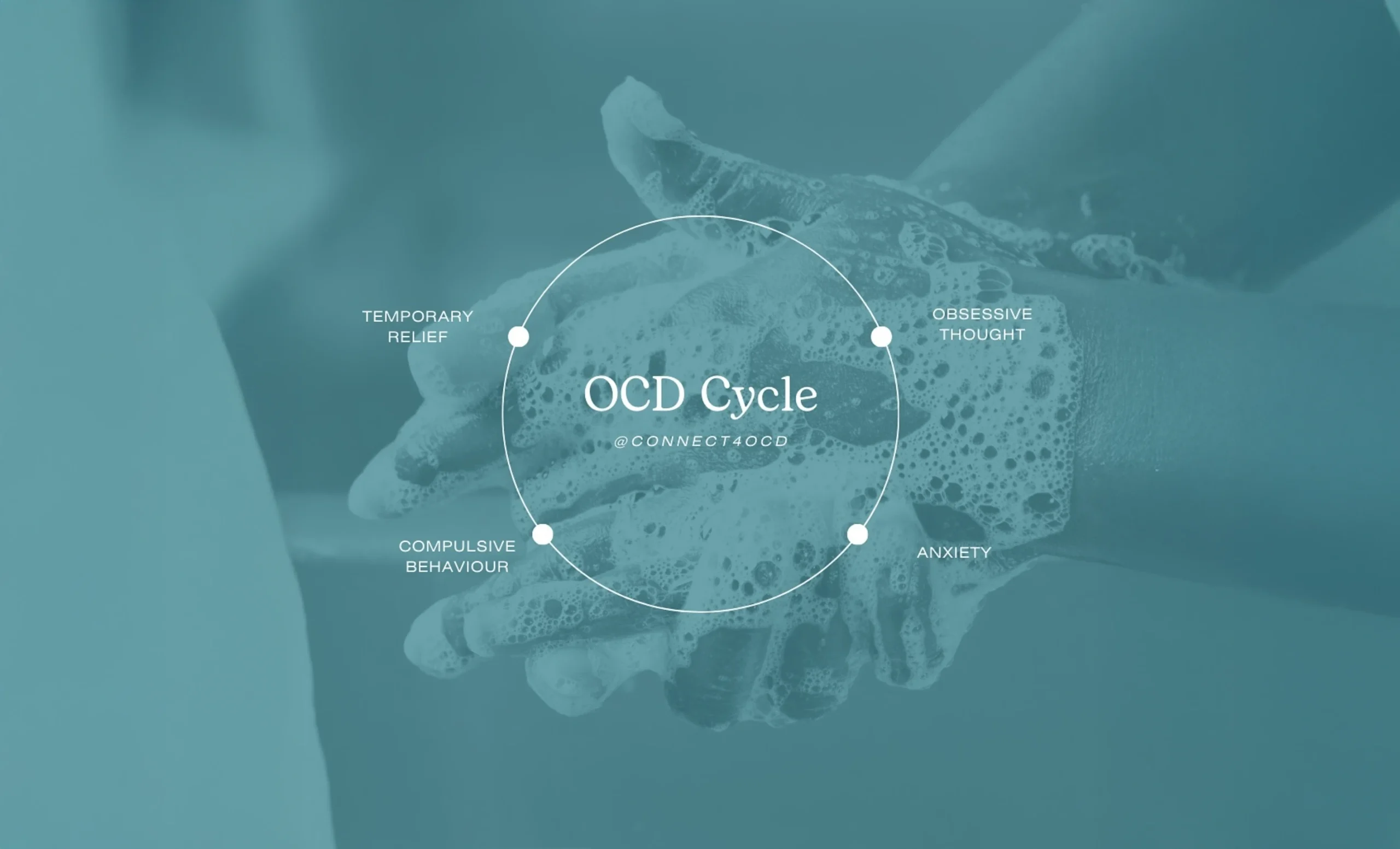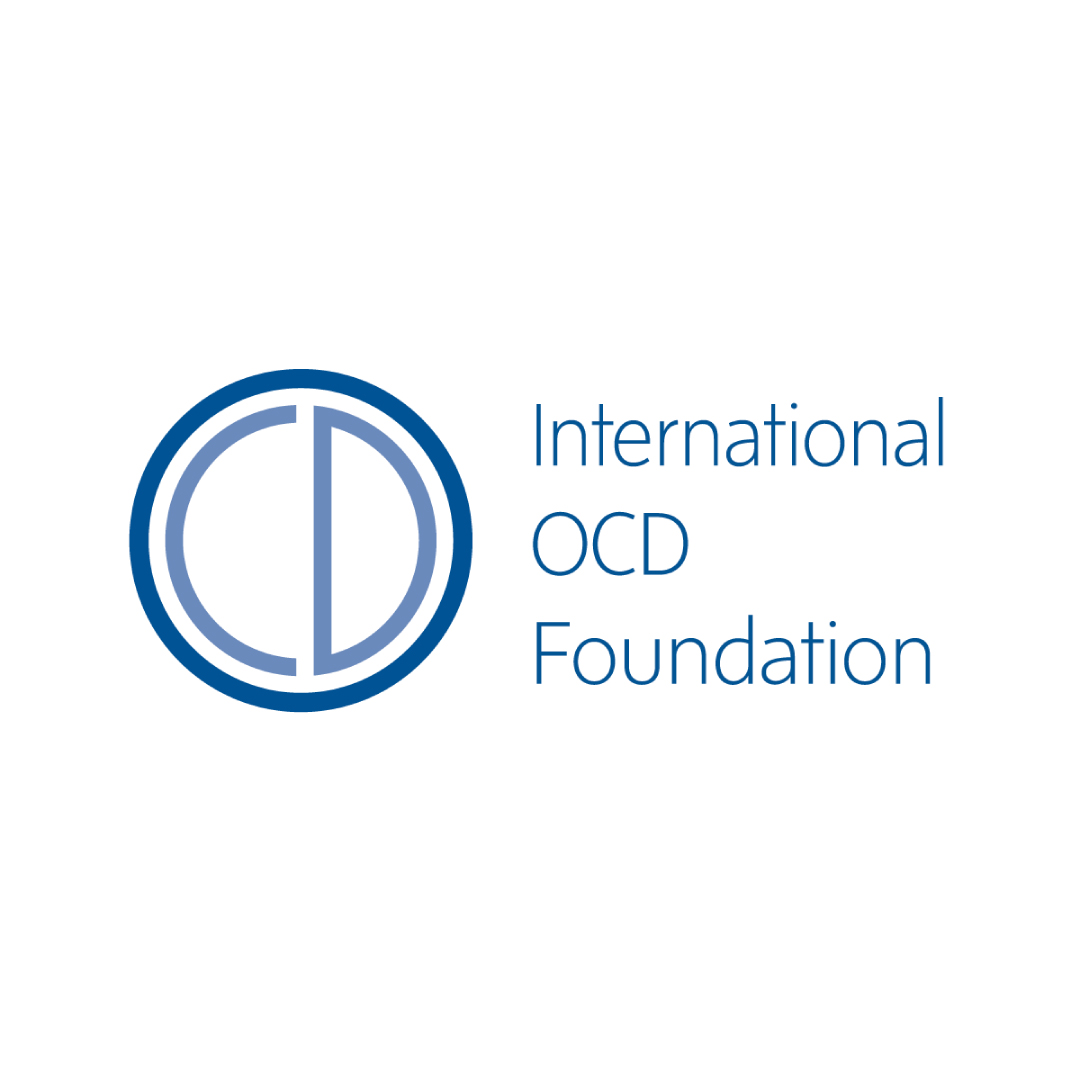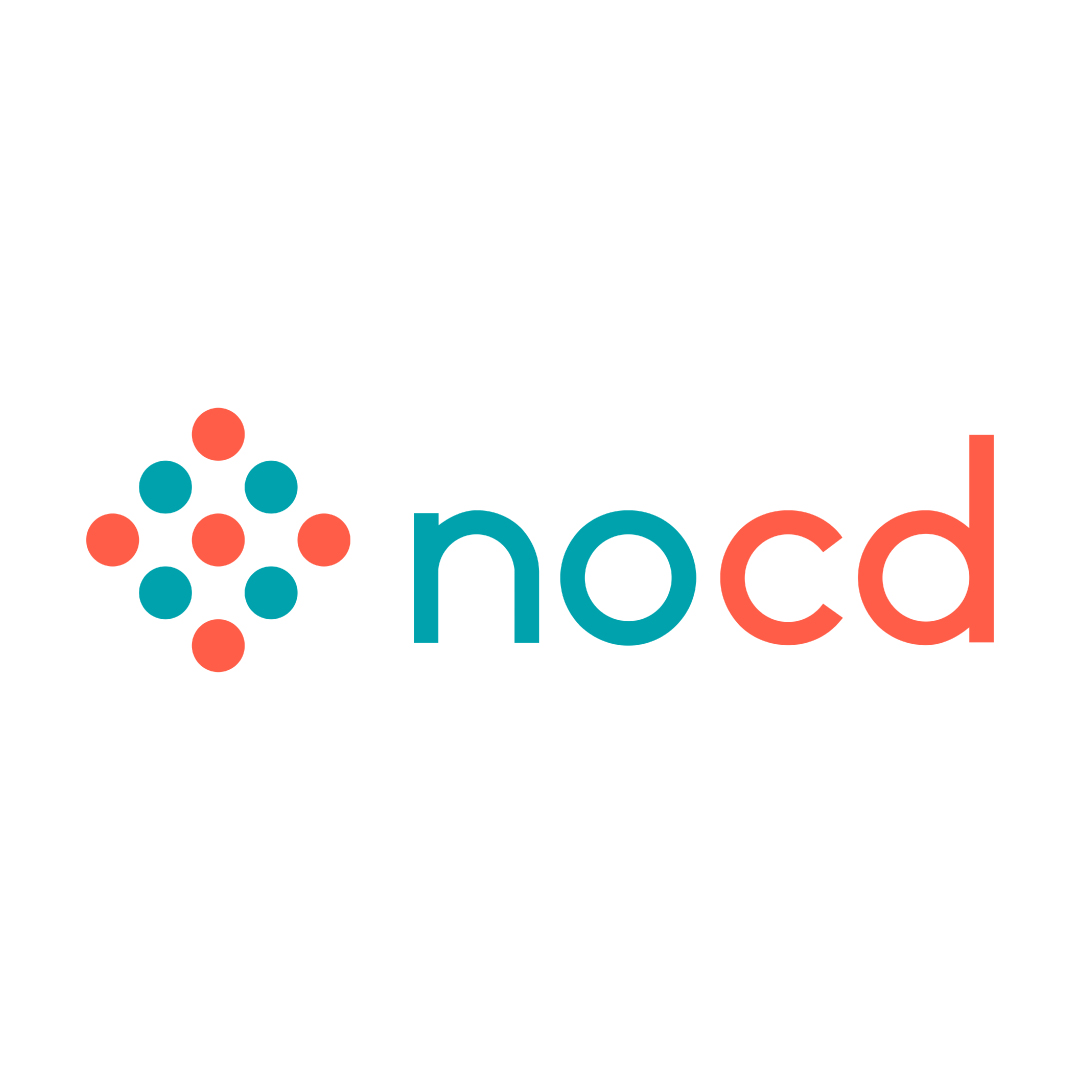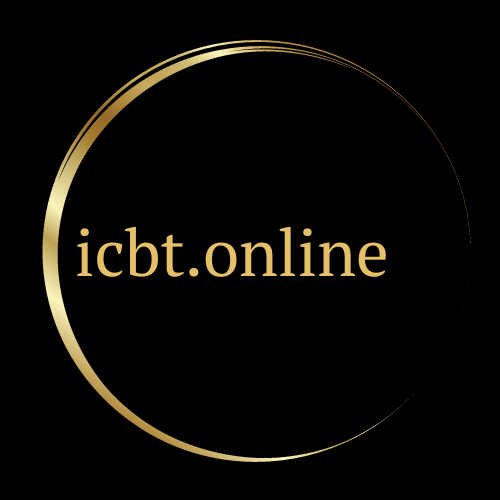
Understanding OCD
OCD is often misunderstood, leading to misdiagnosis and ineffective treatments. This section breaks down the basics of OCD, why specialized care is essential, and what steps to take after a diagnosis.
Whether you’re newly diagnosed or supporting a loved one, understanding OCD is the first step toward effective management and recovery.
What is OCD?
Obsessive-Compulsive Disorder (OCD) is a chronic condition marked by intrusive thoughts (obsessions) and repetitive actions (compulsions) that cause significant anxiety and disrupt daily life. Affecting an estimated 2-3% of Canadians, many face years of misunderstanding and limited access to care. We’re dedicated to raising awareness and improving support.
Essential Information
Obsessive-Compulsive Disorder (OCD) is a long-term condition that affects how someone thinks and acts. People with OCD experience persistent, unwanted thoughts, urges, or images—known as obsessions—that lead to significant anxiety and distress. These symptoms often begin gradually and, if left untreated, can worsen over time, resulting in emotional challenges, physical health issues, and difficulties in daily life, school, or work. To cope with this anxiety, individuals may engage in compulsive behaviors, reinforcing a cycle of repetitive thoughts and actions.
While there are countless variations of OCD, it has traditionally been categorized into five main types, with themes often overlapping across these categories:
-
- Checking
- Contamination / Mental Contamination
- Symmetry, incompleteness, and ordering
- Ruminations / Intrusive Thoughts
- Hoarding
Read this article by NOCD for an in-depth look at the common types and subtypes of OCD.
Only about 1% of clinicians are trained to diagnose and treat OCD, and it can take an average of 14-17 years to receive an accurate diagnosis—leading to unnecessary suffering and isolation for many. Our goal is to raise awareness and help people get the care they need sooner.
What Are Obsessions?
Obsessions are intrusive, unwanted, and often distressing thoughts, images, or urges that repeatedly enter a person’s mind. These thoughts are not simply excessive worries about real-life problems but rather irrational concerns that feel impossible to ignore. Common obsessions include:
-
- Fear of Contamination: A preoccupation with germs, dirt, or illnesses.
- Doubts: A constant fear of forgetting to do something important, like locking the door or turning off the stove.
- Symmetry and Orderliness: An overwhelming need for things to be arranged “just right.”
- Taboo Thoughts: Disturbing or violent mental images that go against personal values or beliefs.
What Are Compulsions?
Compulsions are repetitive behaviors or mental acts that individuals feel driven to perform in response to their obsessions. These actions are aimed at reducing anxiety or preventing a perceived danger, even though they often provide only temporary relief. Common compulsions include:
-
- Excessive Cleaning or Washing: Frequent handwashing or sanitizing to avoid contamination.
- Checking: Repeatedly ensuring that doors are locked, appliances are off, or tasks are completed.
- Counting or Repeating Actions: Performing tasks a specific number of times to “neutralize” anxiety.
- Arranging or Organizing: Constantly adjusting objects to achieve a sense of balance or symmetry.
Understanding the OCD Cycle

The OCD cycle typically begins with an obsession, which triggers significant distress or anxiety. In an attempt to alleviate this discomfort, the individual engages in compulsive behaviours.
Unfortunately, this cycle reinforces the disorder, as temporary relief from compulsions strengthens the belief that the obsession poses a real threat. Over time, the cycle becomes more difficult to break without professional help.
OCD Treatment Options
OCD is a complex disorder that requires an experienced therapist who understands its nuances and is trained in proven therapeutic methods. One of the most effective treatments for OCD is Exposure and Response Prevention (ERP) therapy, which is considered the gold standard and a form of specialized Cognitive Behavioural Therapy (CBT). ERP helps individuals confront their obsessions while resisting compulsive behaviors. Additionally, Inference-based Cognitive Behavioural Therapy (I-CBT) is an emerging treatment that shows promise for those seeking flexibility in their therapy options. Other therapies, such as Dialectical Behaviour Therapy (DBT) and Acceptance and Commitment Therapy (ACT), have also been proven helpful in managing anxiety and improving emotional well-being.
It’s important to note that traditional talk therapy can exacerbate OCD symptoms, making it crucial to seek out professionals who specialize in OCD treatment. Each therapy has its own strengths and considerations, and finding the right expert with experience in these approaches is essential for overcoming the cycle of obsessions and compulsions while ensuring that the best strategies are employed without reinforcing compulsive behaviours.
Seeking Help
If you or a loved one is struggling with OCD, it’s important to know that help is available. Seeking support from qualified mental health professionals can lead to effective management and even recovery. Remember, OCD does not define you, and with the right resources, it’s possible to live a fulfilling life.
Where to Start
Whether you’re new to the world of OCD or noticing signs in a loved one, know that you are not alone. We are here to support you every step of the way.
Key Steps
Educating yourself is crucial, but this step can feel overwhelming. Here are some tips to empower you on your journey.
1. Learn About OCD
Start with reputable sources like the International OCD Foundation (IOCDF). Our Resource page has curated materials that can help you understand and cope with OCD. The more informed you are, the more empowered you’ll feel.
2. Connect with a Qualified Professional
Only work with a qualified OCD specialist. Trust us—you’re better off without therapy than with the wrong therapist.
3. Seek Support
Join support groups like those offered by AT Parenting Community with Natasha Daniels. They provide invaluable resources and a community of parents who understand your challenges.
4. Utilize Online Conversation Tools
IOCDF hosts consistent livestreams and weekly webinars on Facebook and YouTube, which can provide insights and tips for managing OCD.
5. Prioritize Self-Care
Taking care of yourself is crucial. Make time for activities that recharge you, whether it’s exercise, reading, or spending time with friends. A calm, centered parent can better support their child.
6. Early Intervention
Remember, OCD is one of the most treatable conditions. Early intervention is key.
Top Resources for OCD Support & Guidance
Reliable support and expert guidance can make all the difference in managing OCD. Whether you’re seeking expert-led therapy, community support, or educational resources, these trusted organizations provide invaluable help. From connecting with licensed specialists to accessing evidence-based treatments and peer communities, these resources are here to support individuals, families, and professionals on their journey with OCD.
International OCD Foundation
This is your most trusted resource for OCD, collaborating with top specialists, listing trained clinicians, hosting two annual conferences (one in-person, one online), and offering a kids’ camp. The IOCDF is essential for anyone struggling with or seeking to understand OCD.
NOCD
NOCD connects individuals with licensed OCD therapists, offering expert guidance and accessible support, including therapy services in Canada. Their innovative approach empowers people on the path to recovery.
Made of Millions
This nonprofit is dedicated to supporting individuals with OCD, particularly those struggling with intrusive thoughts. It fosters open discussions on sensitive topics like harm and sexual-based thoughts, providing a safe and understanding space.
AT Parenting Survival Online School
AT Parenting, led by Natasha Daniels, offers expert guidance and support for parents of children with OCD and anxiety. She provides resources, hosts support groups, and fosters a welcoming community for families.
The Canadian Institute for OCD
The CIOCD aims to enhance the quality and accessibility of evidence-based treatments for OCD in Canada and beyond while recognizing the urgent need for effective assessment and resources.
Inference-Based Cognitive Behavioral Therapy
I-CBT is a unique form of psychotherapy developed for individuals who suffer from OCD. We invite you to explore this website to learn more about the approach and to discover resources for professionals and the public.
Looking for More Tools?
Finding the right information and support is essential when navigating OCD, whether for yourself, a loved one, or your professional practice. This collection of books, podcasts, social media channels, websites, and movies connects you with trusted resources to deepen your understanding, find community, and explore evidence-based treatment options.
Stay Connected
Join us on Instagram and Facebook to stay informed and inspired! Follow for the latest updates, helpful resources, and uplifting stories as we work together to raise awareness and support for those navigating OCD.







